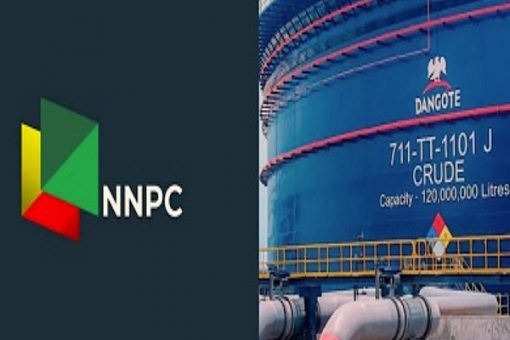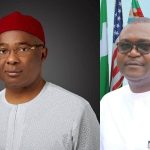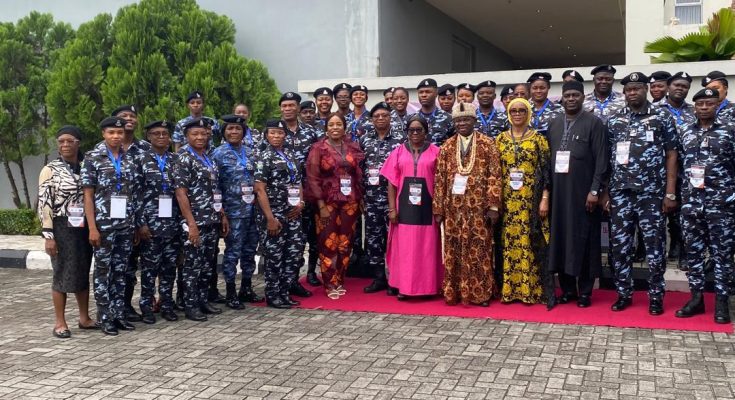Fuel Crisis Deepens as IPMAN Blames Dangote Refinery for Nigeria’s Escalating Petrol Prices
Nigerians are grappling with record-high petrol prices, igniting a heated debate over the true cause behind the relentless rise in fuel costs. With fingers wrongly pointed at the Nigerian National Petroleum Company Limited (NNPCL), the Independent Petroleum Marketers Association of Nigeria (IPMAN) asserts that the primary culprit is none other than the Dangote Refinery, claiming its monopolistic control and pricing strategies are pushing costs to unprecedented levels.
On Friday, former presidential aide Dr. Doyin Okupe stirred controversy by cautioning NNPCL and other oil stakeholders against driving up fuel prices to avoid public backlash against President Bola Tinubu. Okupe’s statement implied that government involvement in petroleum pricing has lessened; however, he did not address the increasing influence of the Dangote Refinery on fuel prices. Okupe’s remarks have sparked conversations on the role of private monopolies in setting market conditions and the economic implications for Nigerians.
A vocal critic of Dangote’s practices, IPMAN’s National Assistant Secretary, Yakubu Suleiman, stressed that the refinery has neglected its obligations to involve stakeholders in its operations. “We attempted to meet with Dangote Refinery on multiple occasions to discuss terms that would allow our members to source petrol at competitive rates, but were stonewalled each time,” Suleiman explained. He also pointed out that IPMAN is being forced to import fuel from more affordable suppliers, as the prices at Dangote Refinery reportedly reach N995 per liter, far above international rates.
High Costs and Market Dynamics
The Dangote Refinery, inaugurated in 2023 as Africa’s largest, was heralded as a game-changer, promising to end Nigeria’s reliance on imported fuel. However, with only partial operational capacity, the refinery has been unable to bring down local fuel prices. The International Energy Agency (IEA) notes that crude oil prices fell globally by 4% in October, yet Dangote’s rates remain static, with IPMAN estimating additional costs due to the refinery’s complex loading requirements. For comparison, the Dangote refinery’s prices reportedly require significant logistical expenses, driving up prices for end consumers.
The monopoly Dangote holds over Nigeria’s refining capacity allows him to independently set rates, raising concerns about price manipulation and limited competition. “If Dangote’s price remains high while imports are cheaper, there’s no incentive for IPMAN to buy locally,” Suleiman said, adding that the absence of competitive pricing affects retailers and consumers alike.
The Bigger Picture: NNPCL’s Role and the Future of Fuel Pricing
Despite accusations, NNPCL maintains that it no longer controls petrol prices, which are now deregulated. Some believe that this has given Dangote unrestrained pricing power, which has led to steep costs and limited access to reasonably priced fuel. “The NNPCL operates under external market forces, but with Dangote’s level of autonomy, he can set rates that don’t reflect global trends,” said oil industry analyst Tunde Alao.
Though Dangote defended his pricing as essential for recouping investment costs, critics argue it burdens consumers already grappling with inflation and economic strain. For Nigerians, the underlying fear is that Dangote’s influence on fuel pricing could shape the economy for years to come. IPMAN’s call for transparency and inclusion in Dangote’s pricing strategy highlights the need for open dialogue to avoid consolidating market control in the hands of a single refinery.





2 Comments